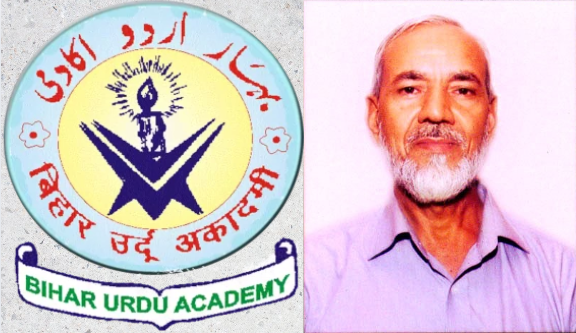New Delhi: The Bihar Urdu Academy, established for the promotion and development of Urdu language and literature in Bihar, has been inactive for the past ten years and currently has no formal secretary. Repeated appeals have been made to the state government in this regard, but no progress has been made.
Urdu holds the status of the second official language in Bihar, and the state’s contribution to the promotion of Urdu language and literature nationwide cannot be denied. Whether it is leading central institutions or heading departments of Urdu at prestigious universities, one can find individuals who were educated in Bihar’s schools and colleges. This stands as proof of the special status Urdu enjoys in the State of Bihar. However, in recent years, the language has been facing difficult times.
Even though the new National Education Policy (NEP) emphasises learning in one’s mother tongue, the 2020 directive from the Education Department makes no mention of mother tongues. Given that Urdu is both the second official language and the mother tongue of millions in Bihar, ensuring education in Urdu at the school level becomes the state government’s responsibility.
Furthermore, Urdu should also be appropriately represented in government banners, posters, and advertisements as the second official language – something that is currently lacking.
Dr. Syed Ahmad Khan, the National President of the Urdu Development Organisation (UDO), stated that the Bihar Urdu Academy was established in 1972 to promote Urdu language and literature. However, for the past ten years, its operations have ceased, and there is no regular secretary. The institution once provided awards for books by Urdu writers and poets in Bihar, published manuscripts, offered grants for Urdu libraries, and funded poetry recitations, seminars, and conferences. All these activities have now stopped.
The Urdu Advisory Committee, which was responsible for presenting issues and suggestions related to Urdu to the state government, is also inactive.
Dr. Khan acknowledged that the Bihar government has undertaken several commendable initiatives in recent years, including providing jobs at the school, college, university, and block levels to individuals who studied in Urdu – a model other states could follow. He praised Bihar for being a state where hundreds of people from other parts of the country are teaching in schools and colleges.
He expressed hope that, like previous administrations, the Nitish Kumar government, which is also supportive of Urdu, will soon address the issues facing the language. This includes strengthening institutions such as the Bihar Urdu Academy, the Government Urdu Library, and the Khuda Bakhsh Oriental Public Library, and ensuring proper representation of Urdu at the primary, middle, and high school levels. These steps could help alleviate the growing concerns in the Urdu-speaking community.




